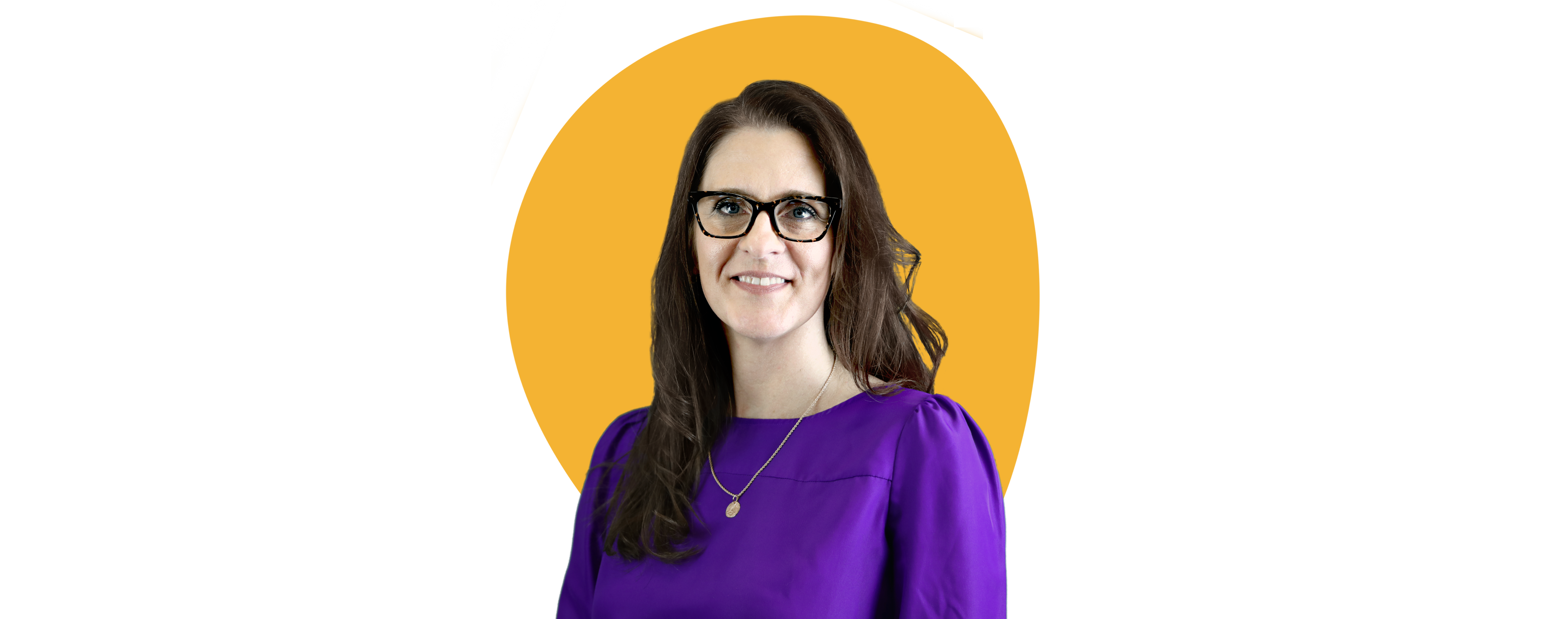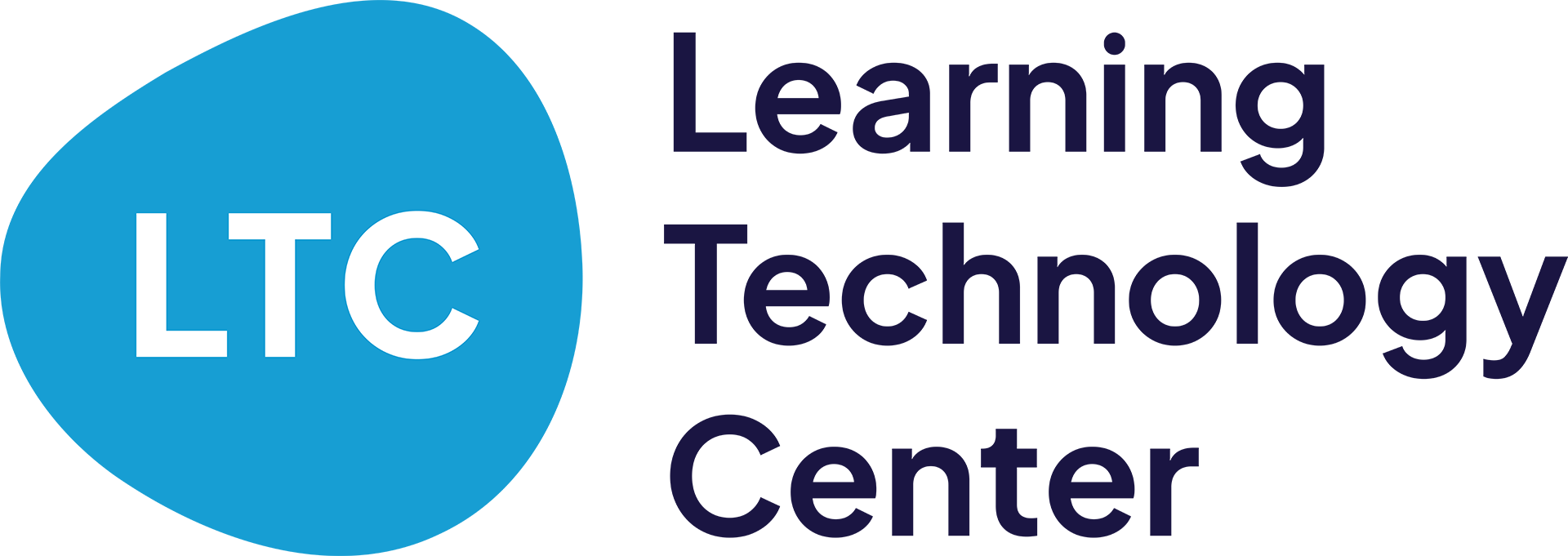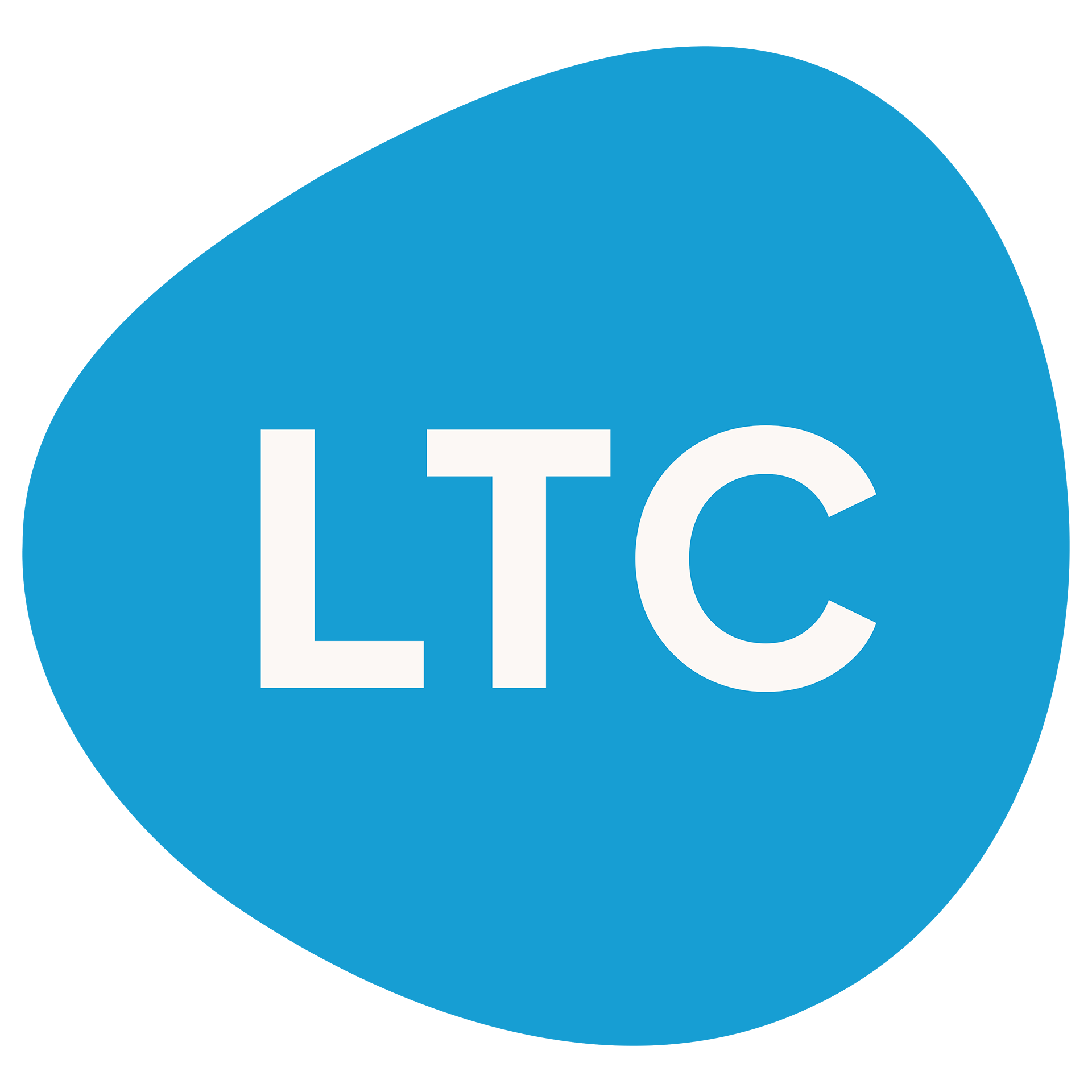Are Your Students With IEPs Future Ready?
The pursuit of educational equity remains at the heart of every educator’s mission. To ensure all students, irrespective of their backgrounds or learning needs, are provided equal opportunities for success, we need to continually question, analyze, and address potential disparities among different student groups. One critical question educators should ask is: “Are students with Individualized Education Plans (IEPs) as college and career-ready as those without IEPs?”
IEPs and College/Career Readiness
Students with IEPs often require specialized instruction and resources to accommodate their unique learning needs. This, however, does not negate their potential to be college and career-ready. However, it may necessitate different strategies or more focused resources to ensure they are given every opportunity to succeed in their post-secondary pursuits.
While there may be an assumption that students with IEPs might lag behind their peers in terms of college and career readiness, it’s important not to generalize. The readiness of these students, like any other group, varies significantly and depends on many factors, including the quality and effectiveness of their IEPs, their access to resources, and the level of support they receive both in school and at home.
Analyzing Data for Different Student Groups
Identifying possible disparities in college and career readiness between students with IEPs and those without begins with the careful analysis of various data sets. Examples might include standardized test scores, graduation rates, enrollment in advanced courses, or post-secondary enrollment rates. This data analysis helps educators not only identify potential gaps but also formulate strategies to address them.
However, it’s crucial that educators constantly evolve their analysis based on the diverse populations they serve. For example, educators might look at differences in college and career readiness between students of different ethnicities, genders, socioeconomic statuses, or English language learners. By continually reevaluating and refining the questions we ask of our data, we can better understand the unique challenges different student groups face and devise more effective strategies to address them.



Hope leads ILTPP, a free, member-based program for negotiated educational technology contracts. She also manages vendor relationships, coordinates negotiated contracts, and leads cooperative membership services, including quote requests and group purchases.

